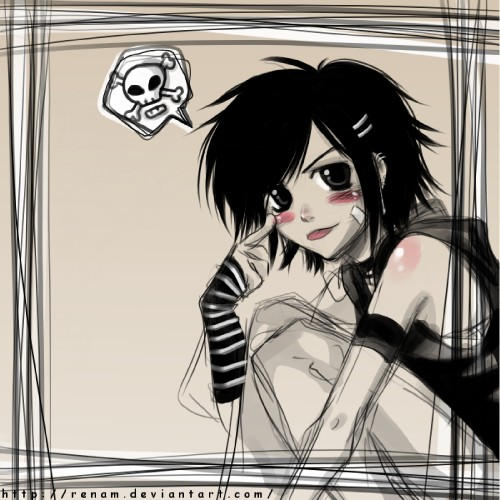
When I first began teaching in 2000, I never would have thought of including comic books or graphic novels in the curriculum. I guess it has something to do with the way in which I was taught in my formative/college years. We were taught that the "classics" were to be taught such as William Shakespeare--not comics. A part of this philosophy sprouts from the notion that if something is fun, or entertaining, it can't be looked at as educational. I believe in the past couple years, I have seen more and more teachers exploring other non-traditional methods that I believe have benefited the students in today's schools. Although, movies, theatre, and film are more accepted in the classroom, many studies out there today suggest that video games, comic books, and popular culture can be added to our existing curriculum with positive results.
Just the other day, I was listening to NPR where they were discussing this notion that boys and girls learn and think differently. Girls do well in the traditional classroom setting and tend to excel at English and may struggle in Math. Boys, on the other hand, seem to excel in Math, and may struggle more with reading. Furthermore, they stated that boys are spatial learners and that if they are given the option to draw out their ideas before writing, they would do much better in comprehending and retaining the material. For students, not just boys, who struggle with reading, I think graphic novels and comics provide a great creative and educational outlet. I know for myself, I struggle with maps for instance. Now if I have someone drive me to my destination ahead of time, instead of just handing me a map, I have a greater chance of getting there. Even in learning a second language, the visual aide plays an important role. Many teachers and students rely on pictures with the language to aid in comprehension. I believe that the same concept is being displayed here.
While online, I came across a website titled Comics in Education, by Gene Yeng. He has been researching and studying comics from the 1930's until present day. Educators in the 1930's and 1940's lined up on both sides of the debate. Many, like Child Study Association of America director, Sidonie Gruenberg, felt that this was a great media to teach literacy where others felt it to be a stumbling block in the way of literacy. The same p
 roblem that we have seen with other forms of media trying to cross over into the educational world are evident in the comics evolution as well. Again, the question being is this educational?
roblem that we have seen with other forms of media trying to cross over into the educational world are evident in the comics evolution as well. Again, the question being is this educational?My daughter is eight years old and was reading at the age of three. She has also become interested in the graphic novel genre, specifically the Bone books and Amelia the Super Hero books. I asked her what appeals to her about these books and she stated that she liked the illustrations and that they looked "cool." Now when I test her on her reading comprehension when she is reading these books versus "classic" literature, she is interpreting the same elements of literature with both. With that said, we as educators must ask ourselves, are comics bad for education or are we really fighting educational change?


1 comment:
Hello Crystal Bieter,
It is a great pleasure to be visiting your blog about popular culture and education.
I loved your "comics".
Receive my best wishes from Brazil:
Geraldo
Post a Comment